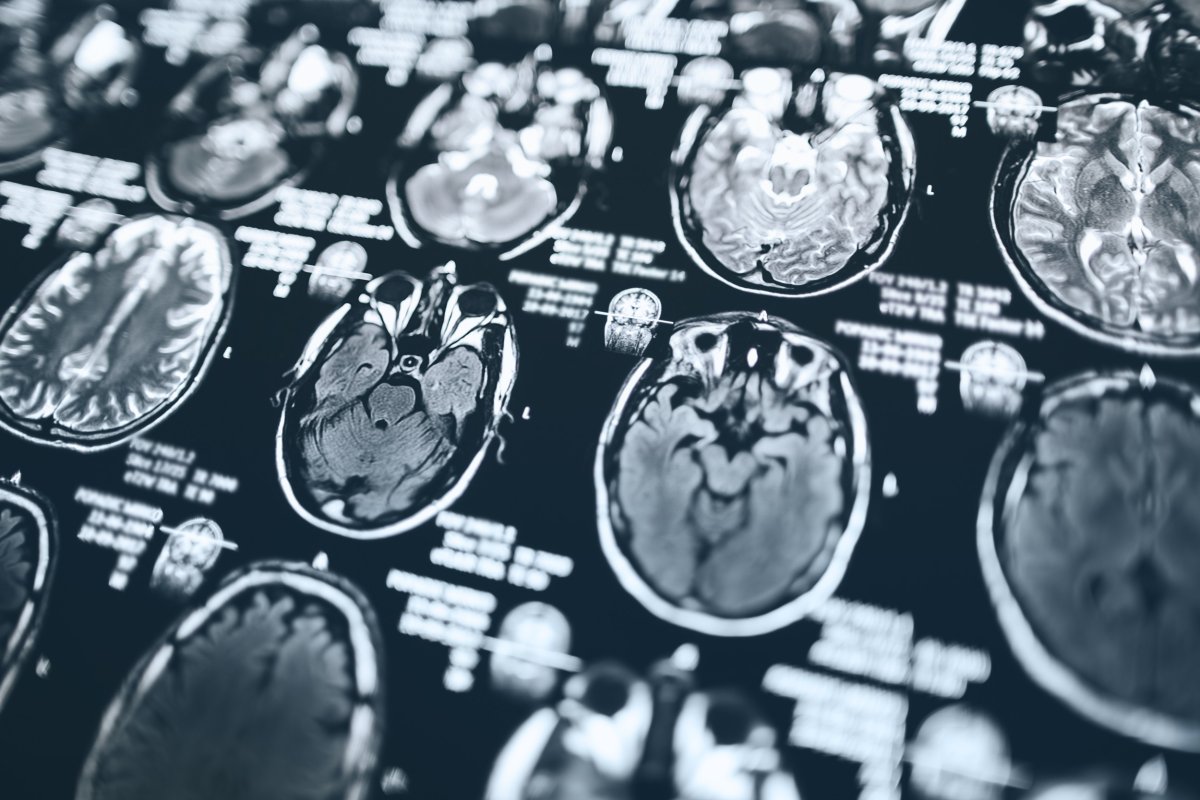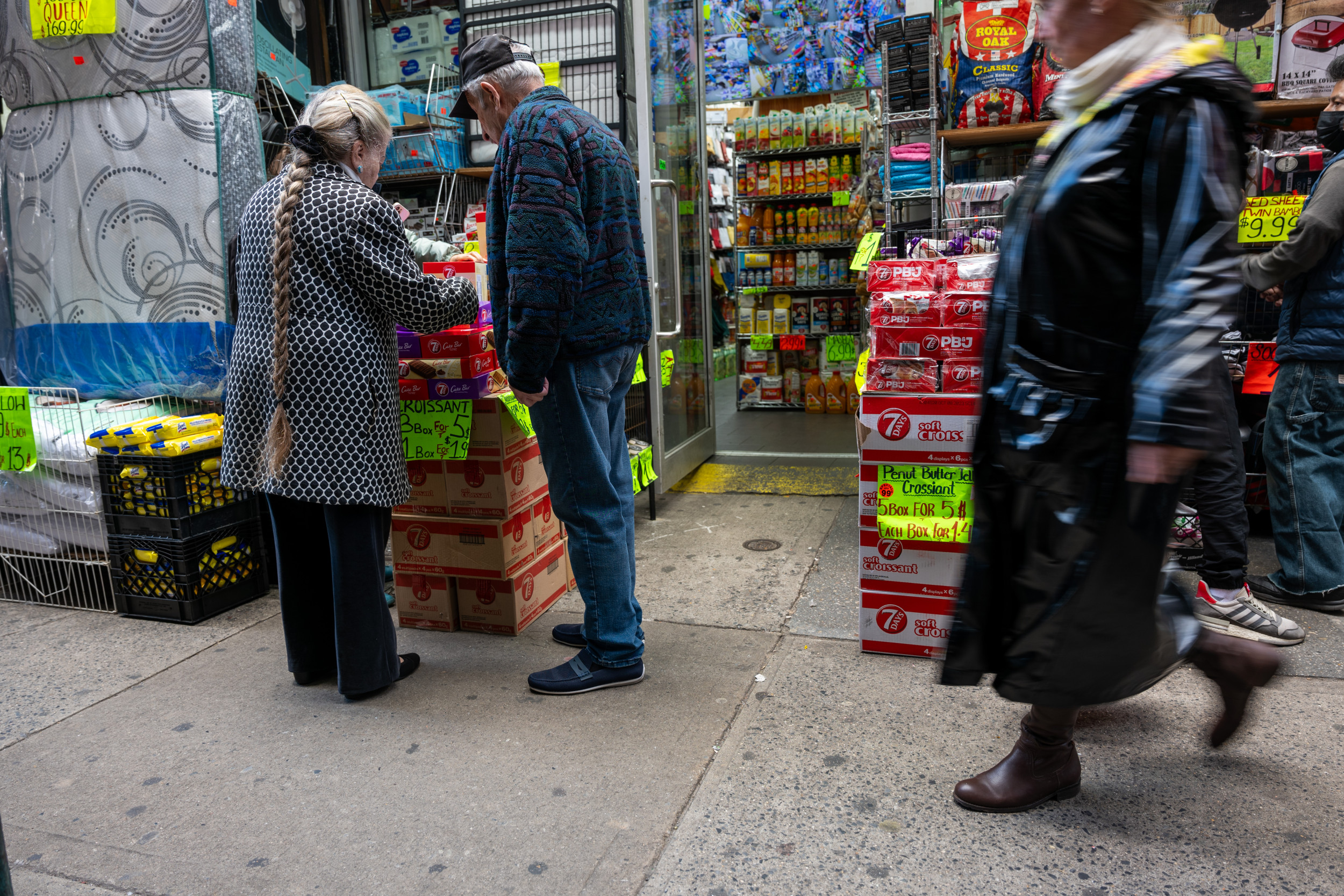The areas of the brain that process reward are activated when we make choices that make other people happy, as well as ourselves, a new study has found.
Researchers at the Ludwig Maximilian University Munich and the University of Zurich found that when we make a decision that takes into account other people's preferences, we feel a sense of reward or pleasure.
Ultimately, the research suggests, we contemplate what other people want—as well as what we want—so that we can compare beneficial options and choose the best one, suggesting our choices aren't entirely selfish.
For the study, lead researcher Alexander Soutschek and colleagues asked 46 adults to rate their food preferences and observe other people's food preferences.
Then, they were asked to assign food quantities to themselves and others in a way that benefited everyone and took their preferences into account. The researchers scanned the participants' brains during the task.
This imaging technique revealed that the reward systems of the brain were active when the participants were considering their own preferences, as well as the preferences of others. It was also involved in the execution of decisions that were optimal for all participants.
According to the researchers, the research sheds light on how we take into account other people or "the greater good" when making decisions. For example, when buying a gift for a friend, or deciding which politician to vote for in order to improve the quality of life for the general population.

The reward systems of the brain are a group of structures that are activated whenever we experience something rewarding—or that gives us pleasure—such as eating nice-tasting food, having sex, or using an addictive drug.
A 2019 study published in the journal Cognitive, Affective and Behavioral Neuroscience highlighted that acting generously activates the same reward pathway that is activated by sex and food. This may help to explain why giving and helping other people feels good.
The exact processes in the brain that underlie why generosity feels good remain unclear. However, research suggests it may be because we are a social species with strong social attachments, or because we are hard-wired to help other humans as an evolutionary survival mechanism.
The full results of the current study were published in the Journal of Neuroscience.
Do you have a tip on a science story that Newsweek should be covering? Do you have a question about neurology? Let us know via science@newsweek.com.
Uncommon Knowledge
Newsweek is committed to challenging conventional wisdom and finding connections in the search for common ground.
Newsweek is committed to challenging conventional wisdom and finding connections in the search for common ground.
About the writer
To read how Newsweek uses AI as a newsroom tool, Click here.






